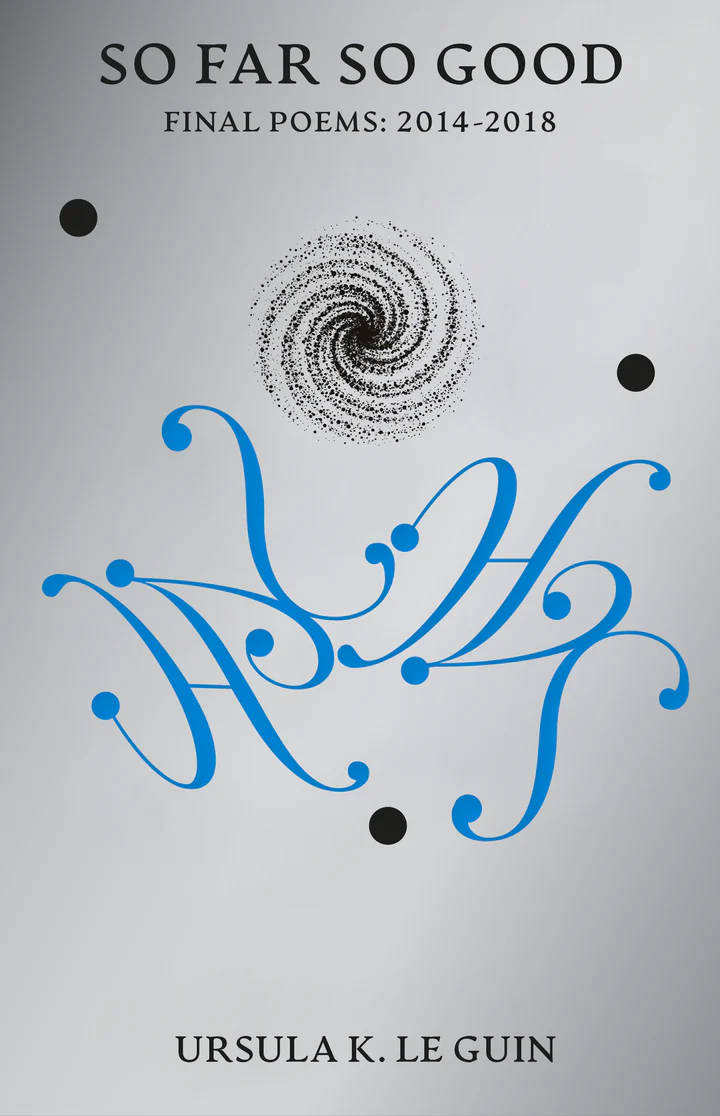
Ignota Diary 2020
Ignota ed.
The Ignota Diary is a tool for discovery in the practice of everyday life. This beautifully designed diary and week-to-view planner is filled with historically significant magical and sacred dates from around the world. Drawn from events such as the Buddha’s birthday, esoteric festivals and artistic and occult history, the diary touches on the lives of characters such as Ursula K. Le Guin, Zora Neale Hurston, Carl Jung, Simone Weil, Aleister Crowley, George Bataille, Timothy Leary, Hilma af Klint, Saint Hildegard of Bingen, William Blake and W.B. Yeats.
The diary provides full astrological navigation for 2020 with an overview of the year, a birthchart template and guides to moon magic, houses, planets and symbols. Key transits, retrogrades and lunar phases, noted throughout the planner, allow you to organise your life in alignment with the astrological weather, visible at a glance. A global map showing sacred sites provides inspiration for transformative pilgrimages.
Rituals by the acclaimed artist Jesse Darling and poets CAConrad, Bhanu Kapil and Nisha Ramayya and seasonal tarot spreads by practitioners including adrienne maree brown and Rachel Pollack, author of the bestselling tarot guide 78 Degrees of Wisdom, offer guidance and space for reflection throughout the year. Additional sources of inspiration include guides to Soji cleaning by Zen monk Shoukei Matsumoto, author of the bestseller A Monk's Guide to a Clean House and Mind, and guided meditation by Julian Vayne of the Psychedelic Museum.
To support a holistic approach to health and wellbeing, an appendix contains guides to healing herbs, key acupressure points, the chakra system and Ayurvedic medicine, as well as a directory of key magical places, shops and websites
Language: English




